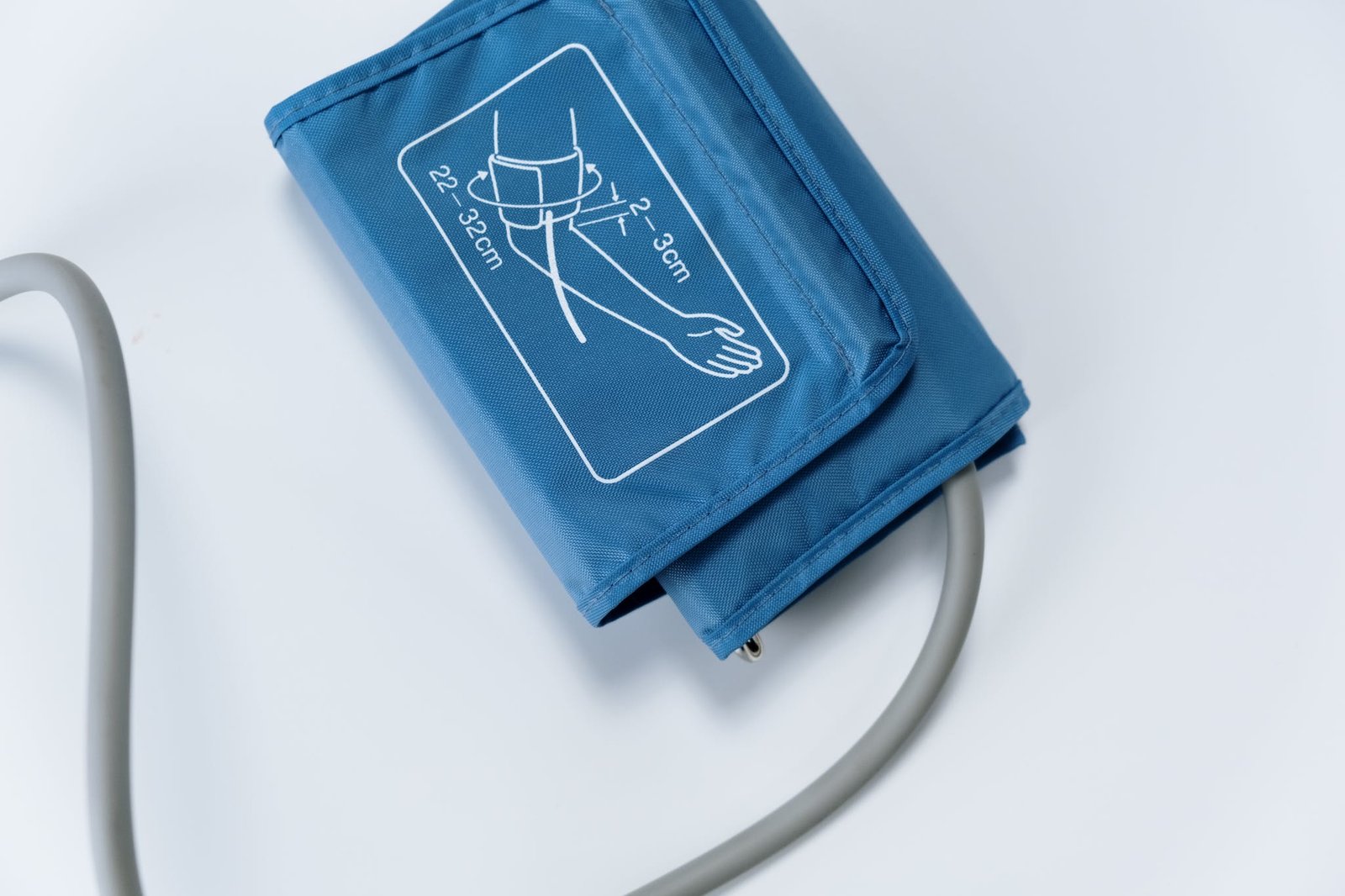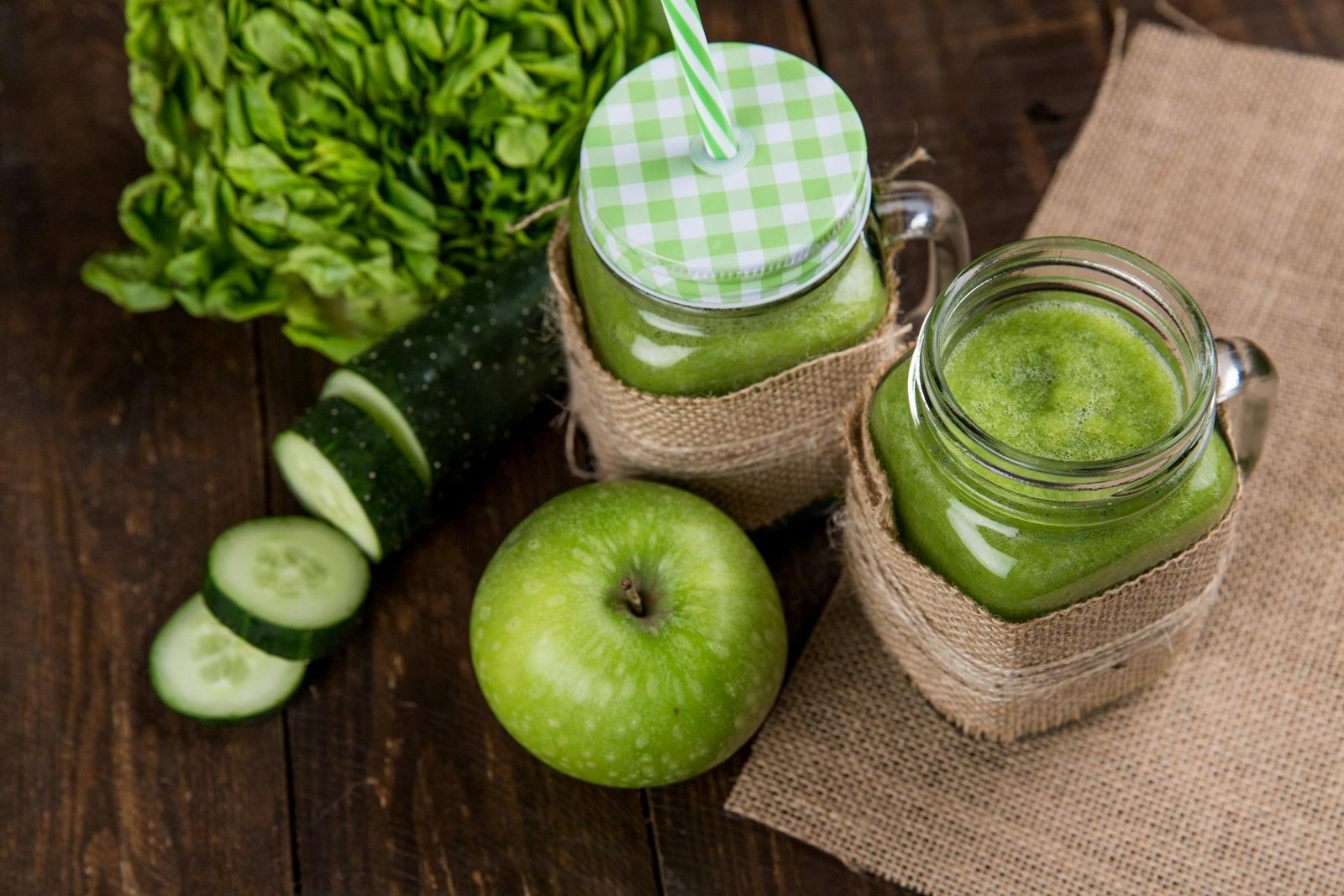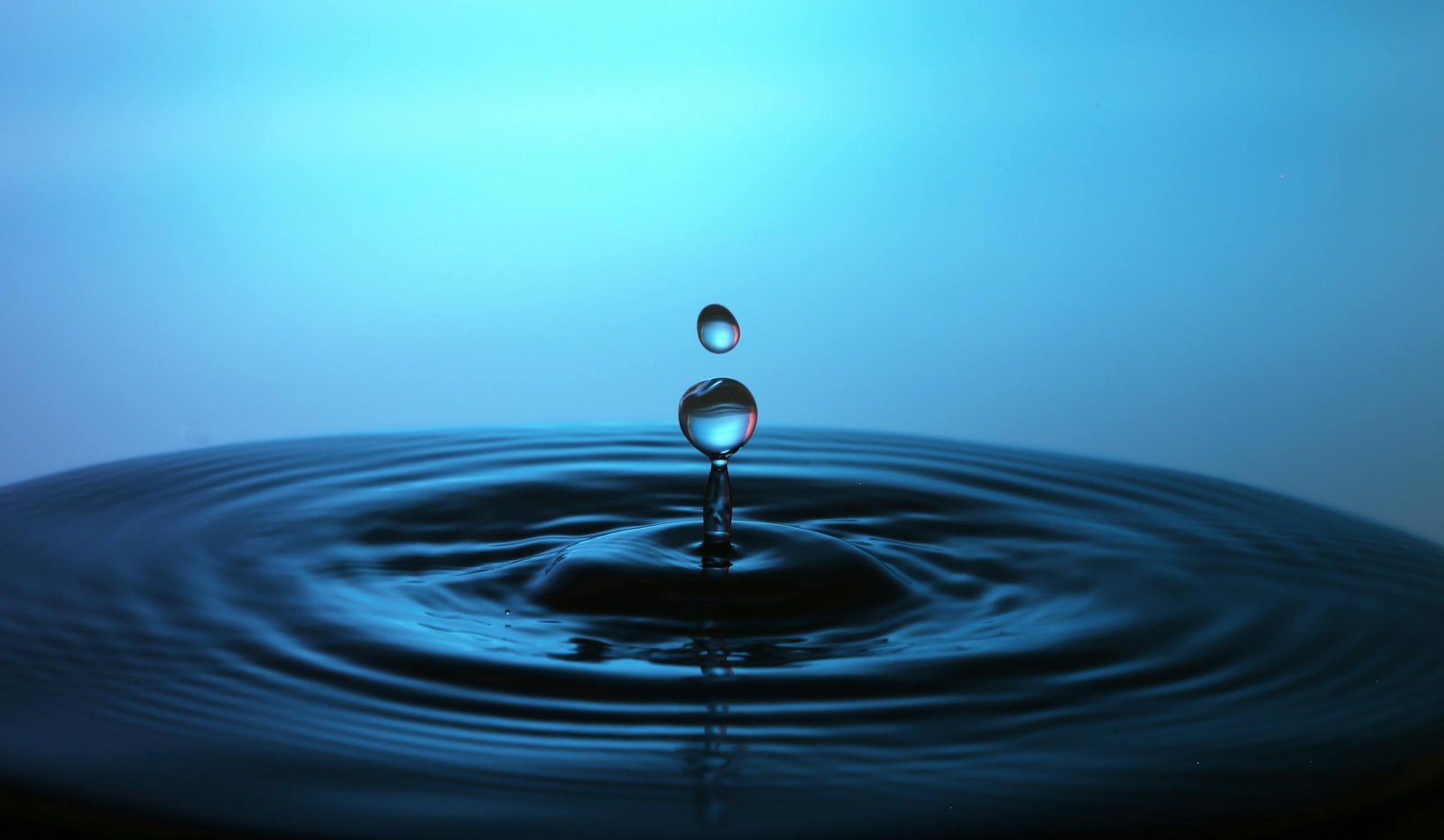Can Drinking More Water Lower Blood Pressure
There are some affiliate links below, but they are all products I highly recommend. For more info, view my disclosure here.
Do you struggle with high blood pressure? Have you considered the impact that drinking more water could have on your condition?
We will explore the potential link between increased water intake and lower blood pressure levels. Discover how staying hydrated can support your heart health and learn expert tips on how to increase your water consumption.
Take control of your blood pressure today by incorporating this simple and natural remedy into your daily routine.
The Relationship Between Water Intake and Blood Pressure
Drinking more water can help lower your blood pressure. When you consume an adequate amount of water, it helps to maintain the balance of fluids in your body. This balance is crucial for your overall health, including the regulation of your blood pressure. When you’re dehydrated, your body tries to conserve water by constricting your blood vessels. This constriction leads to an increase in blood pressure. By staying properly hydrated, you can prevent this constriction and help keep your blood pressure within a healthy range.
Furthermore, drinking water can also help to flush out excess sodium from your body. Sodium is a mineral that contributes to high blood pressure when consumed in excess. When you drink an adequate amount of water, it helps to dilute and eliminate the sodium through urine. This process reduces the overall sodium concentration in your bloodstream, leading to lower blood pressure levels.
Note that while drinking water can be beneficial for lowering blood pressure, it shouldn’t be considered a standalone treatment. If you’ve hypertension or high blood pressure, it’s crucial to follow a comprehensive treatment plan recommended by your healthcare provider. This plan may include lifestyle modifications, such as increasing water intake, along with medication and other interventions. Always consult with your healthcare provider for personalized advice and guidance.
Understanding High Blood Pressure and Its Impact
If you’ve high blood pressure, it can have significant health effects. High blood pressure, also known as hypertension, occurs when the force of blood against your artery walls is consistently too high. This condition puts extra strain on your heart and blood vessels, increasing your risk of serious health problems such as heart disease, stroke, and kidney disease.
When your blood pressure is high, the constant force against your artery walls can damage the delicate lining, leading to the formation of plaque. Over time, this plaque buildup can narrow your arteries and restrict blood flow to essential organs and tissues. Reduced blood flow to the heart can cause chest pain, while restricted blood flow to the brain can result in a stroke. High blood pressure can also strain the kidneys, impairing their function and potentially leading to kidney failure.
In addition to these immediate health risks, high blood pressure can also contribute to the development of long-term complications. It can damage your blood vessels, making them less elastic and more prone to blockages. This can lead to peripheral artery disease, which restricts blood flow to your limbs, causing pain and increasing the risk of amputation.
Given the serious health effects of high blood pressure, it’s crucial to manage this condition effectively. Lifestyle changes, such as adopting a healthy diet, exercising regularly, managing stress, and limiting alcohol consumption, can help lower your blood pressure. In some cases, medication may also be necessary. It’s important to work closely with your healthcare provider to find the most appropriate treatment plan for you.
The Importance of Hydration for Heart Health
Staying adequately hydrated is essential for maintaining a healthy heart and overall well-being. When you don’t drink enough water, your body becomes dehydrated, which can have negative effects on your cardiovascular system. Dehydration can cause your blood volume to decrease, leading to an increase in blood pressure. This puts extra strain on your heart as it works harder to pump blood throughout your body. By ensuring you drink enough water each day, you can help lower your blood pressure and reduce the risk of heart disease.
When you’re properly hydrated, your blood is able to flow more easily, allowing your heart to function efficiently. Water helps to dilute your blood, making it less sticky and reducing the likelihood of blood clots forming. Being well-hydrated helps to maintain the elasticity of your blood vessels, which is important for regulating blood pressure.
Remember to drink water throughout the day, even if you don’t feel thirsty. Thirst is a sign that your body is already dehydrated, so it’s important to stay ahead of it. Aim to drink at least eight glasses of water a day, and more if you’re physically active or in hot weather. By staying hydrated, you can support your heart health and promote overall well-being.
How Water Consumption Can Affect Blood Pressure Levels
Ensuring you stay properly hydrated can play a significant role in maintaining healthy blood pressure levels. When you’re dehydrated, your blood volume decreases, which can lead to an increase in blood pressure. Drinking an adequate amount of water helps to prevent dehydration and keeps your blood volume at a healthy level.
When your body is properly hydrated, it allows your blood vessels to expand and contract more easily. This flexibility in your blood vessels helps to regulate blood flow and maintain healthy blood pressure. On the other hand, when you’re dehydrated, your blood vessels constrict, making it harder for blood to flow through them and increasing the pressure on the vessel walls.
In addition to maintaining blood volume and regulating blood flow, staying hydrated also helps to flush out excess sodium from your body. Excess sodium can contribute to high blood pressure, so by drinking enough water, you can help to lower your sodium levels and maintain a healthy blood pressure.
Remember to drink water throughout the day, even if you don’t feel thirsty. It’s important to listen to your body’s signals and provide it with the hydration it needs to keep your blood pressure levels in check.
Exploring the Role of Fluid Balance in Blood Pressure Regulation
To maintain a healthy blood pressure, it’s important to understand the role of fluid balance in your body. Your body relies on a delicate balance of fluids to function properly, and this includes regulating your blood pressure.
The amount of fluid in your body affects the volume of blood in your blood vessels, which in turn affects the pressure exerted on the walls of your blood vessels.
When your body is in a state of fluid imbalance, such as when you’re dehydrated or have excess fluid retention, it can lead to changes in your blood pressure. Dehydration can cause your blood volume to decrease, leading to a decrease in blood pressure. On the other hand, excess fluid retention can increase blood volume, resulting in an increase in blood pressure.
Maintaining a healthy fluid balance is crucial for maintaining optimal blood pressure levels. One way to do this is by ensuring you’re adequately hydrated by drinking enough water throughout the day. Staying hydrated helps to ensure that your blood volume remains within a normal range, which can help to regulate blood pressure.
In addition to drinking enough water, it’s also important to be mindful of your sodium intake. Excess sodium can lead to fluid retention and an increase in blood pressure. By reducing your sodium intake and increasing your water consumption, you can help to maintain a healthy fluid balance and support healthy blood pressure levels.
Overall, understanding the role of fluid balance in your body is essential for maintaining a healthy blood pressure. By staying hydrated and being mindful of your sodium intake, you can play an active role in supporting optimal blood pressure levels and overall cardiovascular health.
Tips for Increasing Water Intake to Support Healthy Blood Pressure
Make sure you’re getting enough fluids throughout the day to help support healthy blood pressure levels. Increasing your water intake is a simple and effective way to maintain good blood pressure.
Start your day off right by drinking a glass of water as soon as you wake up. Carry a water bottle with you wherever you go, so you can easily sip on water throughout the day. Set reminders on your phone or computer to drink water every hour. Don’t wait until you’re thirsty to drink; by then, you’re already dehydrated.
Make it a habit to drink water before, during, and after exercise. If you find plain water boring, try infusing it with fruits like lemon, cucumber, or berries for a refreshing twist. Limit your intake of sugary drinks and caffeine, as they can actually dehydrate you.
Expert Opinions on the Link Between Water and Blood Pressure
Did you know that experts have weighed in on the connection between staying hydrated and maintaining healthy blood pressure levels?
It turns out that drinking more water can indeed help lower your blood pressure.
When you drink enough water, it helps dilute the sodium levels in your body, which in turn helps lower your blood pressure.
By drinking enough water, you can ensure that your blood vessels remain properly hydrated and relaxed, helping to keep your blood pressure in check.







